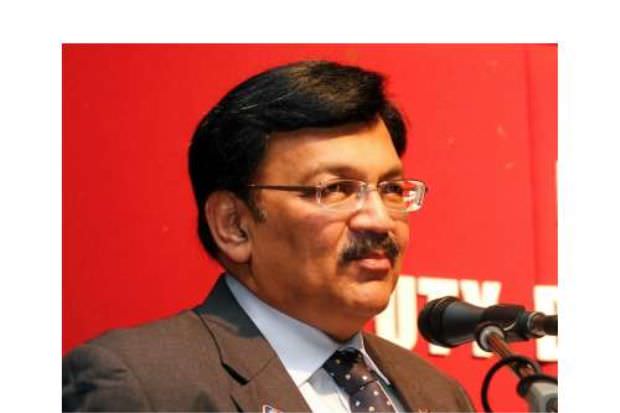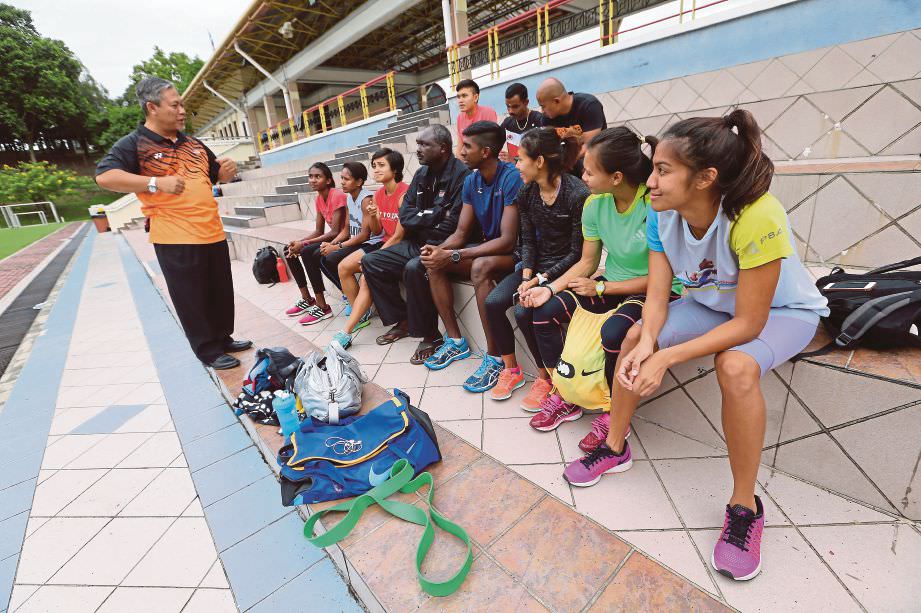PETALING JAYA: One in every five doctors undergoing training as houseman in Malaysia quit each year, an alarming rate of drop out, considering the high cost of studying medicine.
It may cost up to RM500,000 to study medicine in Malaysia and up to RM1mil if it is completed abroad.
Many newly qualified doctors also quit because of the longer wait to be posted as housemen.
Those who left abruptly have been found working as waiters and even running pasar malam stalls and there has also been a case of a trainee doctor taking up a job as an air stewardess.
Deputy Health director-general Datuk Dr S. Jeyaindran said about 1,000 of the 5,000 housemen employed each year do not complete the two-year training stint.
Among the reasons for housemen to leave the service include unsuitability for the profession as they were pressured to study medicine by their parents.
Having a totally different perception of a doctor’s life, inability to work long hours and suffering from burnouts are the other causes.
He said the rise in numbers of housemen quitting had been growing over the past three years.
Dr Jeyaindran said as housemen were hired by the Public Services Department (PSD), the termination process was tedious and could take up to several months to more than a year.
“Until the person’s service is terminated, the vacancy cannot be filled and those who replace them have to wait for their turn to start,” he said in reply to questions submitted by The Star.
He said many of the housemen who left did not tender official resignation letters.
The large number of medical students graduating each year is another reason for the long wait for postings as a houseman, especially under the new e-houseman system, which allows for newly qualified doctors to choose the place of their posting.
While the average waiting time is about six months, it can be longer for the more popular postings in urban hospitals including the Kuala Lumpur Hospital.
“With 10,000 housemen in all the 45 training hospitals nationwide, these hospitals have varying degrees of waiting periods except for hospitals in Sabah, Sarawak, Kelantan and Terengganu,” Dr Jeyaindran said.
He said the ministry must explore other ways that allow for greater flexibility in employing housemen to replace those who had left.
He said the proposal to have a common entry or fitness to practice examination as proposed by the Malaysian Medical Association (MMA) was among the steps being considered.
Another was a longer induction period for housemen to have better understanding of their work.
“It is not to control numbers as proposed by MMA, but to ensure a minimum standard of competence. The common entry examination is already in place in some Asian countries, the United States and Australia and it might become necessary to ensure safe medical practice especially once there is a liberalisation of trades and services,” he said.
He said a houseman’s workload in Malaysia was lighter than those in other countries, adding that on average, housemen in Malaysia took charge of between four and six patients in a ward compared with eight to 12 in Singapore, Australia and the United States.
“Moreover, house officers in these countries work an average of 80 hours compared with the average of between 65 and 72 hours for Malaysian housemen,” he added.-thestar







